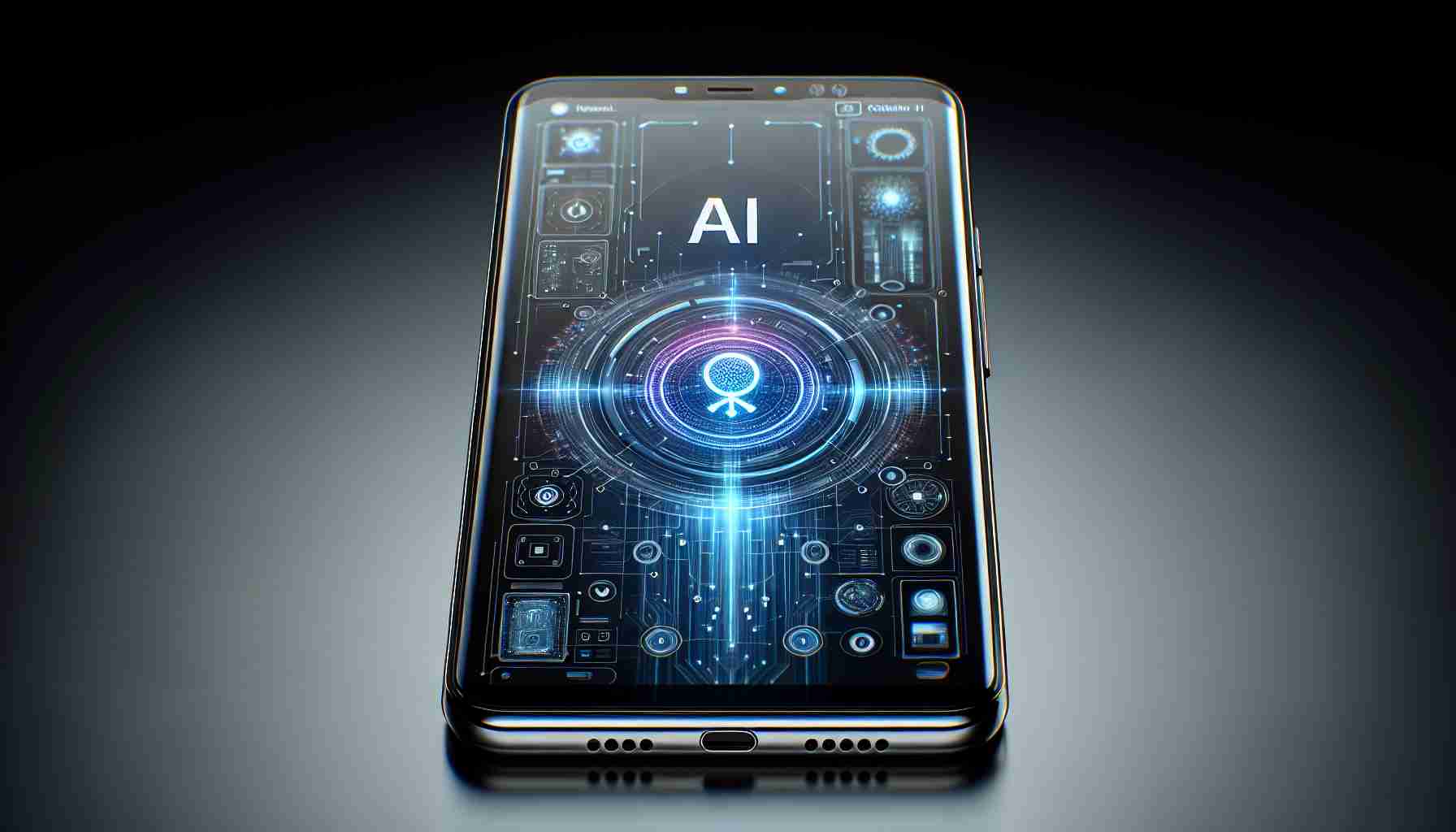Google is gearing up to revolutionize the AI capabilities of its upcoming Pixel 9 phones, as leaked information suggests. The latest code sleuthing in Google’s AI Core app and Google Messages beta hints at exciting on-device AI features that could set the Pixel 9 series apart from its predecessors.
One prominent feature that has tech enthusiasts buzzing is the potential for enhanced on-device AI-generated images. Unlike previous models that relied on cloud support, the Pixel 9 might generate images independently, leading to significant speed improvements. This development could make image-related tasks seamless and effortless for Pixel 9 users.
Additionally, the OCR (Optical Character Recognition) feature in the works showcases enhanced on-device text recognition capabilities. This advancement suggests that the Pixel 9 will excel in recognizing and extracting text from images, making it a handy tool for various professional and personal applications.
One of the most compelling advantages of on-device AI is its focus on privacy and security. With on-device data processing, there is no need to transfer information to cloud servers, minimizing the risk of data breaches and ensuring user privacy. This aspect will undoubtedly appeal to users looking for a secure and private smartphone experience.
Furthermore, on-device AI eliminates the need for constant internet connectivity, allowing Pixel 9 users to enjoy AI features even when offline. This feature is particularly useful in scenarios where internet access is limited or unreliable, ensuring that users can still make the most of their device’s AI capabilities.
Google’s move towards on-device AI aligns with the industry trend, as other tech giants like Samsung have already embraced this approach. With Samsung’s successful integration of Google’s Gemini AI models into its Galaxy AI system, it’s clear that on-device AI has gained recognition and appeal.
As Google prepares to unleash the Pixel 9 with its enhanced on-device AI capabilities, it has the potential to redefine user experiences. The combination of improved image generation, text recognition, and privacy features positions the Pixel 9 series as a game-changer in the world of AI-powered smartphones.
The smartphone industry is a highly competitive market with companies constantly striving to offer the latest advancements in technology. Google’s focus on enhancing the on-device AI capabilities of its upcoming Pixel 9 phones indicates the importance of AI in the industry.
Market forecasts suggest that the demand for smartphones with powerful AI capabilities will continue to grow. With the increasing reliance on AI for various tasks, such as image recognition, natural language processing, and virtual assistants, consumers are looking for smartphones that can provide seamless and efficient AI experiences.
The potential for enhanced on-device AI-generated images in the Pixel 9 series is a significant development. By generating images independently, the Pixel 9 can offer faster processing times and improved image quality. This feature could be particularly appealing to users who heavily rely on their smartphones for photography and image-based applications.
Another exciting aspect is the enhanced OCR feature, which enables the Pixel 9 to excel in recognizing and extracting text from images. This has implications for professionals who frequently work with documents, as they can easily capture text and convert it into editable formats on their smartphones.
Privacy and security have become major concerns for smartphone users, and Google’s focus on on-device AI directly addresses these issues. By processing data on the device itself, there is less reliance on cloud servers and reduced risk of data breaches. This will surely attract users who prioritize privacy and want more control over their personal information.
The ability to use AI features offline is an added advantage of on-device AI. In situations where internet access is limited or unreliable, users can still utilize the AI capabilities of the Pixel 9. This feature ensures that users are not dependent on constant internet connectivity and can continue to make use of AI-powered applications.
Google’s decision to adopt on-device AI aligns with the trend in the industry. Other tech giants, such as Samsung, have already embraced this approach and integrated AI models into their devices. The success of these implementations further solidifies the potential of on-device AI and its appeal to consumers.
In conclusion, Google’s efforts to enhance the on-device AI capabilities of the Pixel 9 series have the potential to redefine user experiences in the smartphone industry. The combination of improved image generation, text recognition, and privacy features positions the Pixel 9 as a game-changer in the world of AI-powered smartphones.
For more information on the future of on-device AI in smartphones, you can visit the following links:
– Android Authority
– GSMArena
– The Verge
